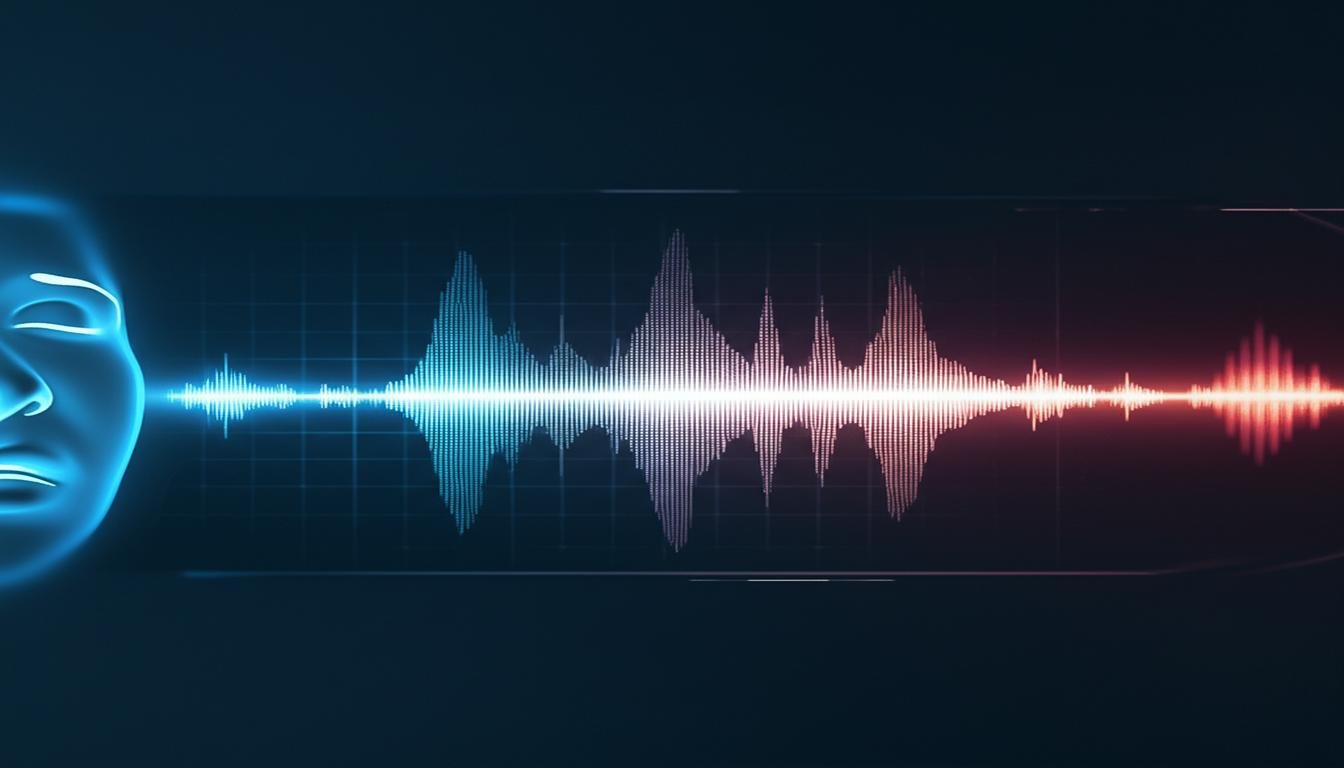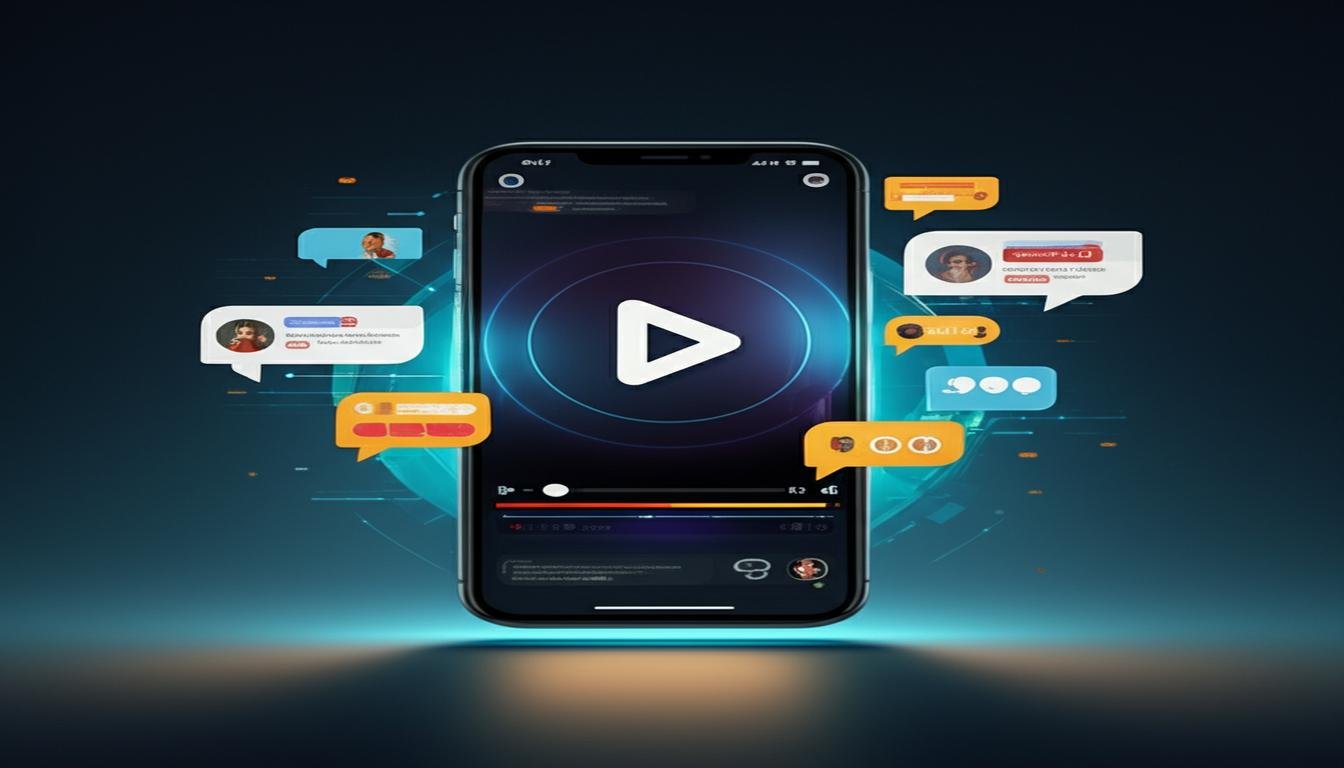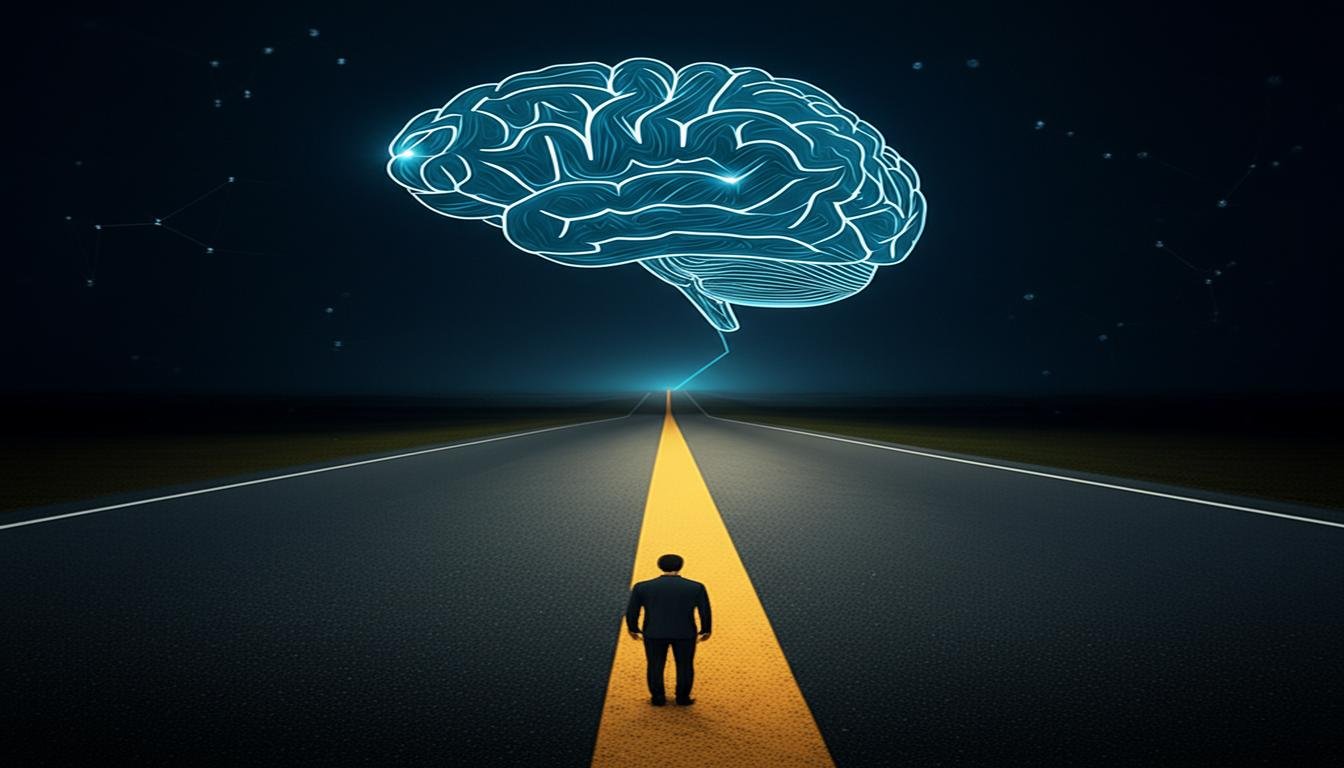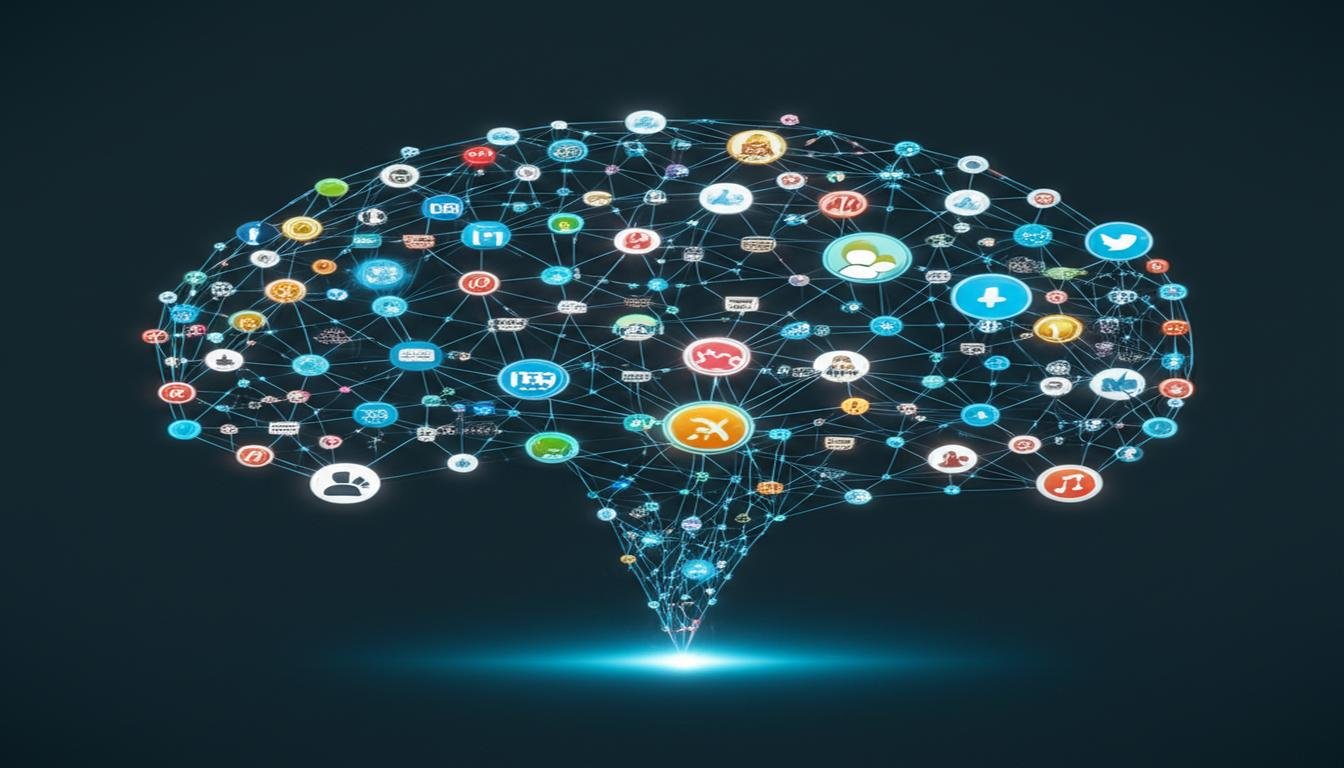Ever had that weird feeling in your gut, the one that whispers, “Hmm, I don’t think they’re telling me the whole truth”? Maybe it was during a tense conversation or, even trickier, while reading a text message. Picking up on those subtle cues, the body language, the tone of voice – it’s a uniquely human skill. But what if a machine could do it too? Even over text?
Well, buckle up, because what sounds like something straight out of a sci-fi movie is rapidly becoming reality. A new wave of AI technology is emerging that claims it can help tell if someone is being truthful, all by analyzing the words they use, even in a simple chat or email. It’s pretty mind-boggling, right?
The Science Behind Digital Deception Detection
This isn’t about some mystical AI mind-reader. Instead, it’s built on the idea that when people lie, their language often changes in subtle, unconscious ways. Think about it: when you’re making things up, you might:
- Use fewer “I” statements to distance yourself from the lie.
- Employ more negative words or express more negative emotions.
- Give fewer details, or, paradoxically, too many irrelevant ones.
- Take longer to respond, or structure sentences differently.
Researchers have been studying these linguistic “tells” for decades, but it’s been tough for humans to consistently spot them, especially in fast-paced digital communication. That’s where AI steps in.
How Does This AI Actually Work?
These new AI systems are trained on massive datasets of text – some known to be truthful, others known to contain deception. By “reading” millions of examples, the AI learns to recognize patterns and linguistic fingerprints associated with honesty versus dishonesty. It’s like teaching a computer to be an expert detective for words.
Subtle Signals You Might Miss
Imagine your friend texts you, “Hey, I totally forgot about your birthday party last night, my bad!” A human might just accept that. But an AI, using advanced text analysis, might pick up on nuances such as:
- The exact phrasing: Does “totally forgot” sound too strong, a bit like an over-explanation?
- Word choice: Is “my bad” a genuine apology or a dismissive one?
- Sentence structure: Is the message unusually short, vague, or complex for your friend’s normal texting style?
- Emotional tone: Does the language seem to mask a lack of genuine regret?
It’s not about a single word flagging a lie, but rather a combination of many tiny indicators that, when put together, form a pattern the AI recognizes as potentially deceptive.
Where Could We See This AI in Action?
The potential applications for this kind of AI are vast and, frankly, a bit unsettling in some ways. Here are a few areas where we might see it surface:
- Customer Service: Companies could use it to identify potentially fraudulent claims or to quickly understand if a customer’s complaint is genuine or exaggerated.
- Recruitment: Screening job applications or initial written interviews for inconsistencies or dishonesty about qualifications.
- Online Safety: Helping to flag phishing emails, scam messages, or even identify potential catfishing in online dating apps.
- Legal Settings: Assisting in the analysis of written testimonies or digital communications to flag areas for further human investigation.
Of course, this technology is still developing, and its widespread adoption will depend heavily on its accuracy and, crucially, how we choose to use it.
The Important Questions: Ethics and Accuracy
While the idea of an AI that can spot a lie sounds incredibly useful, it immediately brings up some big, hairy questions. We’re talking about trust, privacy, and even the fundamental nature of truth.
Is it Foolproof?
Absolutely not. Human communication is incredibly complex. Factors like cultural differences, personal quirks, sarcasm, or even just a bad mood can influence how someone writes. An AI might misinterpret these as signs of deception when they’re not. False positives are a real concern, and no AI is 100% accurate, especially when dealing with something as nuanced as human truth.
Privacy Concerns
Who owns the data this AI analyzes? How is it stored? Could it be misused by companies or governments to monitor conversations without consent? These are critical ethical dilemmas that need serious discussion before such technology becomes commonplace.
The Future of Trust in a Digital World
This new AI is a fascinating leap forward, showing us just how much more deeply machines can understand human language. It highlights the subtle ways we communicate and the patterns we unknowingly create. But it also serves as a powerful reminder: AI should be a tool, not a judge.
While an AI might flag potential deception, it lacks the human intuition, empathy, and ability to understand context that are essential for truly discerning truth from fiction. Ultimately, genuine trust still relies on human connection and critical thinking, not just an algorithm’s score.
So, the next time you get a suspicious text, remember there might soon be an AI out there that could offer a second opinion. But for now, and likely always, your gut feeling and good old-fashioned common sense are your best lie detectors.









